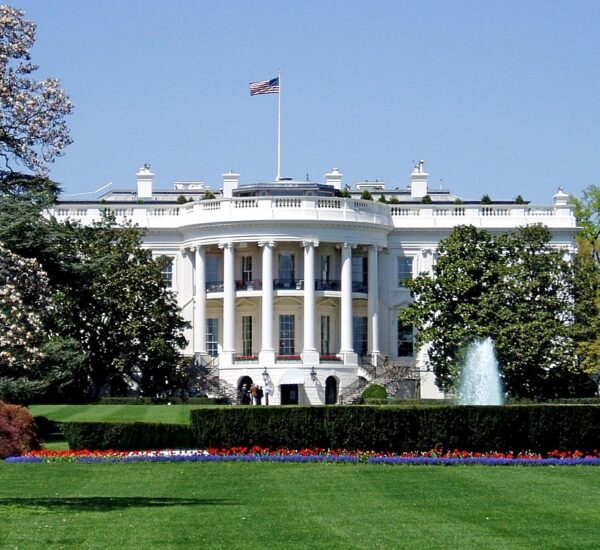Supreme Court Justices Go To War
In a major legal victory for the Trump administration, the U.S. Supreme Court ruled Friday in favor of former President Donald Trump’s executive order restricting birthright citizenship, while reining in the power of lower court judges to impose sweeping national blocks.
Justice Amy Coney Barrett, writing for the conservative majority, stated that federal judges overstepped by issuing universal injunctions—a legal tool that has often been used to derail Trump-era immigration policies. The 6-3 decision allows Trump’s order to go into effect in certain parts of the country, while the broader constitutional questions remain unresolved.
A Blow to Judicial Overreach
The decision is a direct rebuke of the growing trend where single federal judges halt nationwide policy with the stroke of a pen. For years, left-leaning judges used universal injunctions to stop conservative immigration enforcement, border security measures, and executive actions that had broad public support.
Justice Barrett emphasized that courts do not have “unbridled authority” and warned against turning the judiciary into an unelected super-legislature. Her opinion was backed by Justices Thomas, Alito, Gorsuch, Kavanaugh, and Chief Justice Roberts.
Jackson Sounds the Alarm—Barrett Fires Back
Justice Ketanji Brown Jackson, in a fiery dissent, accused the Court of enabling “unchecked executive power” and claimed the ruling posed an “existential threat to the rule of law.” She warned that the decision could eventually “destroy our constitutional Republic.”
But Barrett hit back hard, calling Jackson’s rhetoric extreme and out of step with both legal precedent and the U.S. Constitution.
“Justice Jackson decries an imperial Executive while embracing an imperial Judiciary,” Barrett wrote, pointing out that “everyone, from the President on down, is bound by law—that goes for judges too.”
Trump’s Citizenship Order Still Under Review
At the center of the case is Trump’s executive order on birthright citizenship, which limits automatic U.S. citizenship for children born to non-citizen parents who lack lawful permanent status.
While the Court did not yet decide on the full constitutionality of the order, this ruling represents a major step forward for immigration enforcement and the Trump movement’s fight against activist courts.
A Big Win for Constitutional Conservatives
This ruling restores the separation of powers and protects against judicial overreach. For constitutional conservatives, it’s a long-awaited course correction after years of watching Trump’s immigration agenda blocked in courtroom after courtroom.
With 2024 behind us and 2028 on the horizon, the decision sends a clear message: America’s borders, laws, and institutions matter.






